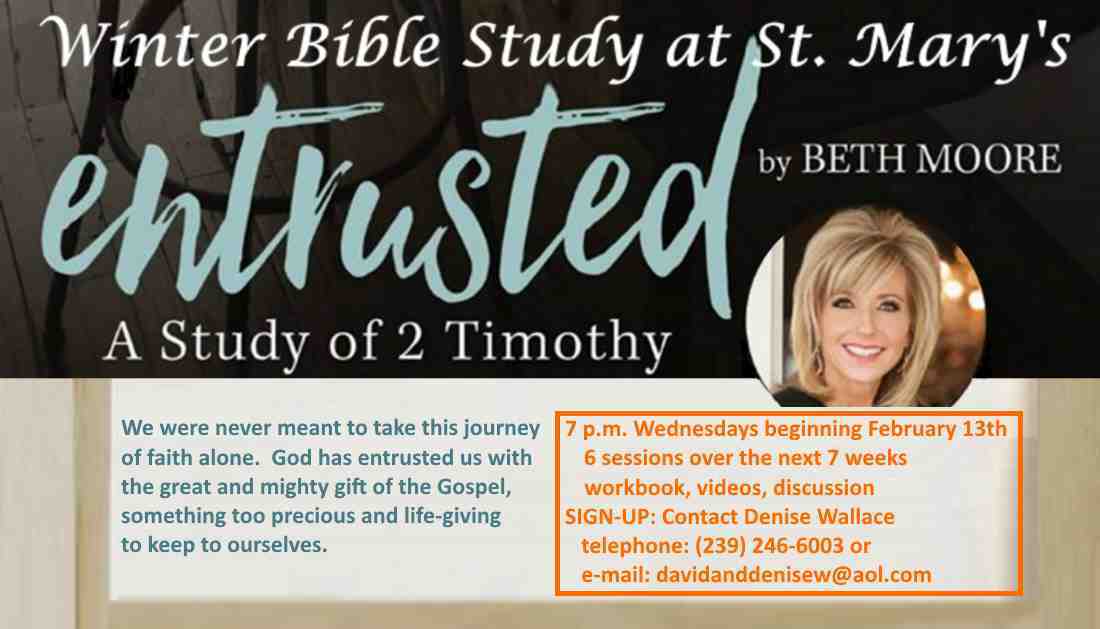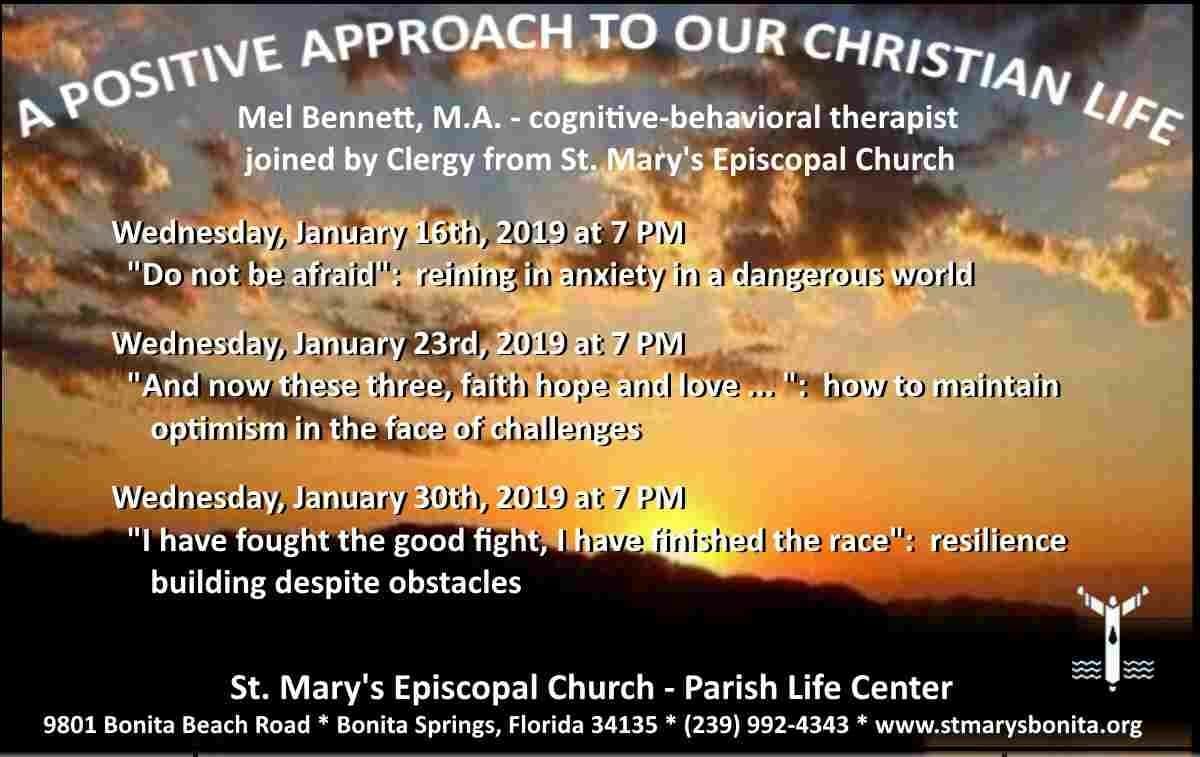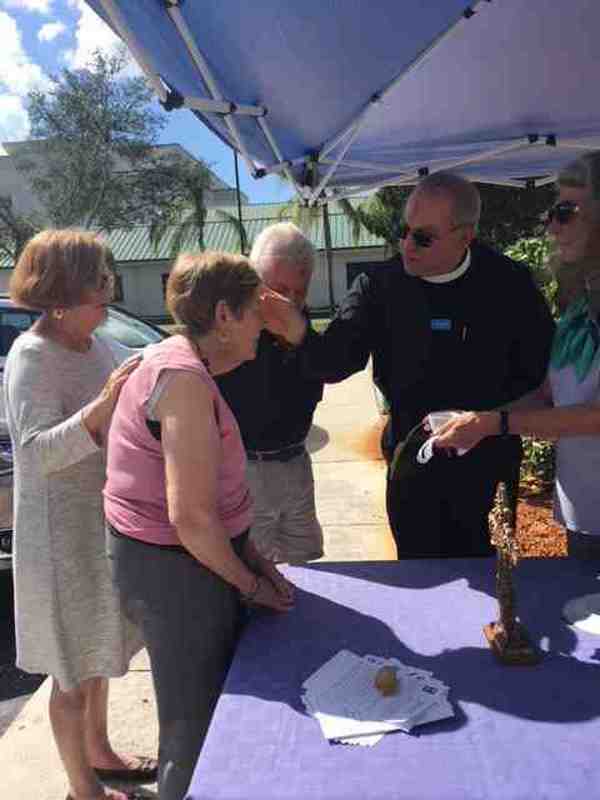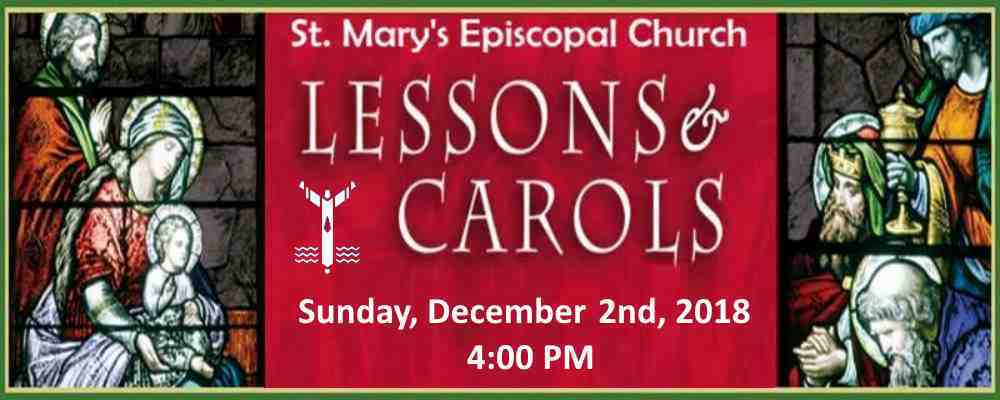October 4th is the Anglican/Episcopal feast day for St. Francis of Assisi, and while there is a vast amount of popular information and familiarity about his affection for animals and his evangelical poverty, there is great deal more to know about this saint and his contributions to our spiritual heritage. For example, few are aware that at the time of the Fifth Crusade he traveled to Egypt to meet with Pharaoh to, hopefully, bring about reconciliation between Christians and Muslims. Alas, he was not successful, but perhaps the experience was the inspiration for the beginning of the famous prayer attributed to St. Francis: “Lord, make me an instrument of your peace.” Nevertheless, perhaps the words of that prayer can provide a backdrop from which to delve into his spirituality; a spirituality that was lived in the Spirit rather than in the flesh (see Romans 8:1-17). That the sentiments expressed in the prayer are to be read as demands on our lives as Christ’s disciples, not as lofty romanticized ideals seen through rose colored glasses, as is so often the case. In other words, as with St. Francis, rather this is how we are to embrace a fundamental Gospel paradox: that the profound joy of the Gospel is found in its inescapable and life changing demands.
Take for instance where the famous St. Francis prayer states: “…for it is giving that one receives.” This demand for St. Francis was not so much an economic choice but a Christ-centered one; a poverty Christ embraced in his Incarnation. Theologians refer to this as kenosis (the renunciation of divine nature, at least in part, by Christ in the Incarnation); and which St. Paul writes about in the second chapter of Philippians: “Let the same mind be in you that was in Christ Jesus…and being found in human form, he humbled himself and became obedient to the point of death…” So while St. Francis is often portrayed as merely an admired ascetic mystic, the spiritual basis for his life of poverty was because of his insight into the mystery of the Incarnation; Christ humbling and, in part, emptying himself of his divinity. This perspective also informed St. Francis’ understanding of the real presence of Christ in the Eucharist; to quote him: “…all those who see the sacrament of the body of Christ, which is sanctified by the words of the Lord upon the altar at the hands of the priest in the form of bread and wine and do not see according to the Spirit and the Godhead that it is truly the most holy body and blood of Christ…”. Another quote attributed to St. Francis is: “Preach, and if necessary use words”. In other words, Holy Scripture is not only to be read but be performed; much like a score of music is to be played, God’s word is a score by which to live our lives; lives that embody and witness to our faith.
Why is important and meaningful? First, it is important to say that the figures of St. Francis retailed in garden shops and nurseries used to grace our gardens can have aesthetic value and even spiritual connotation. However, it is vital for us to move beyond this more or less one dimensional depiction of St. Francis and see how his life, deeply lived in the Spirit, was radically dedication to following Christ; and both be inspired by and learn from it. None of us needs to don a coarse woolen robe, tie a rope cord around our waist and go barefoot into the word to live into the demands of our faith…to pardon, to console, to understand, to love…there are opportunities to do these demands daily in our families, neighborhoods, work places, and even parishes. And somewhat paradoxically be encouraged, as St. Francis was, by the words of the Gospel reading for St. Francis’ feast day: “Take my yoke upon you, and learn from me; for I am humble in heart, and you will find rest for your souls. For my yoke is easy, and my burden is light.”







Leave A Comment